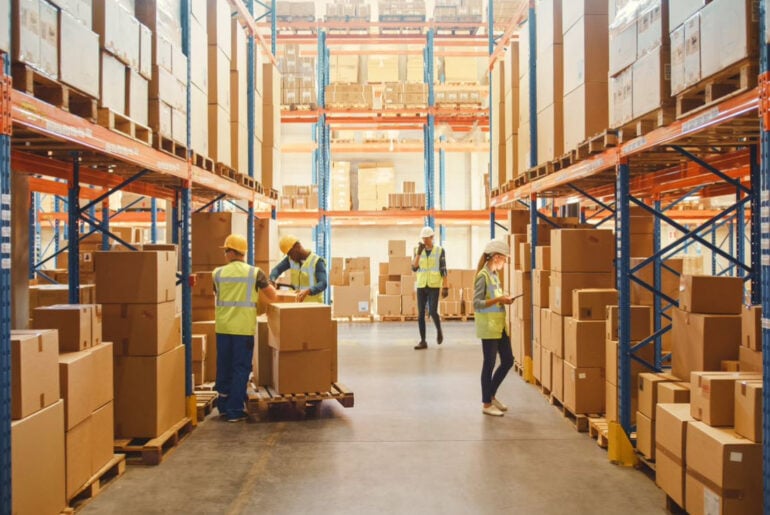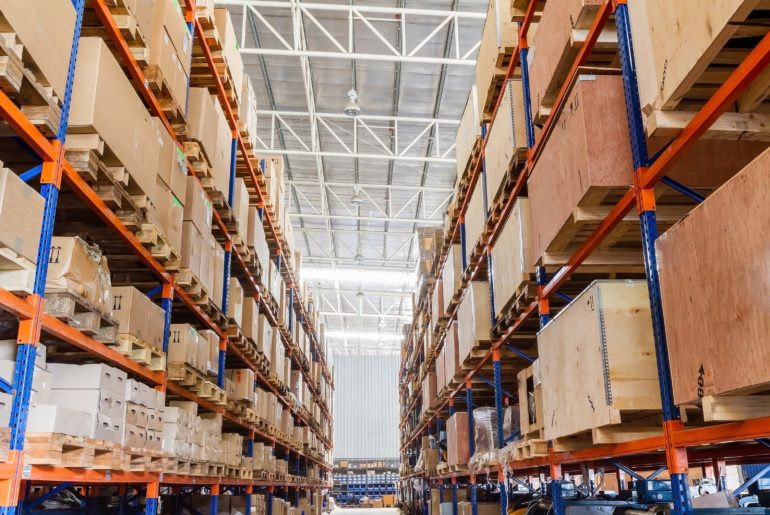Ukraine’s Defence City regime, effective from October 2025, offers tax, customs, and regulatory incentives to defence-related enterprises. Eligible companies must earn most income from defence goods or services. Benefits include exemptions on reinvested profits, real estate, land, and environmental taxes, plus simplified customs and currency rules. However, it excludes R&D credits and broader investor incentives, and cannot be combined with other preferential regimes. Residency is limited to strategically significant entities approved by the Ministry of Defence.
On 13 August 2025, Mexico’s Ministry of Economy launched an anti-dumping investigation into adult bicycle imports from China, citing price discrimination from 2022–2024. Five Mexican companies filed the petition, and 261 importers/exporters are named. The probe may lead to countervailing duties if injury to domestic producers is confirmed. Interested parties must submit evidence by 23 September 2025, with possible extensions.
On 15 August 2025, Singapore’s Health Sciences Authority (HSA) issued an update listing overseas health products found to contain potent, prohibited ingredients. These may cause harmful side effects. The HSA advises consumers to avoid such products and buy only from trusted sources. Sellers in Singapore face severe penalties for supplying adulterated products. The HSA continues monitoring global enforcement to protect local consumers and urges suppliers to assess any overseas regulatory impacts.
On 9 July 2025, the European Parliament (EP) adopted a resolution pressing for sweeping reforms in the e-commerce and imports sector, with a focus on consumer protection, product regulation, and unfair competition.1 The resolution sets out a series of measures, including calling for the swift implementation of the Digital Product Passport (DPP), strengthened customs enforcement through reform of the Union Customs Code (UCC), and the removal of the EUR 150 customs duty exemption for low-value consignments. The resolution will now be put submitted to the European Council and the European Commission for consideration.
For the first time, the European Commission completed an investigation under the International Procurement Instrument (IPI) and implemented measures to limit the participation of economic operators from non-EU countries – in this particular case, China – in the EU public procurement market. After EU suppliers of medical devices have arguably been denied fair access to Chinese government contract opportunities for years, the EU has now responded with Implementing Regulation (EU) 2025/1197 that requires contracting authorities/entities in all EU member states to exclude Chinese suppliers – and to a certain extent products manufactured in China – from larger public procurement contracts for medical devices.
In response to heightened scrutiny over country of origin declarations amid ongoing global tariff tensions, Singapore Customs issued Circular No. 06/2025 on 9 June 2025 to provide important clarification on the applicable preferential and non-preferential rules of origin when declaring the “country of origin” for importation into, exportation out of, and transshipments through Singapore.
Product regulation and safety is a key area of focus for consumer protection authorities around the world. In this session, our speakers discussed recent developments in the regulation of product safety which businesses supplying products in the UK and EU need to be aware of. The panel considered the compliance…
On 6 May 2025, the US Food and Drug Administration (FDA) announced that it will expand the use of unannounced inspections at foreign manufacturing facilities that produce foods, essential medicines, and other medical products intended for US consumers and patients. The announcement came one day after the White House issued an Executive Order instructing FDA to provide regulatory relief to promote domestic production of critical medicines and improve FDA’s risk-based inspection regime to enhance routine inspections of foreign facilities.
On 6 May 2025, the US Food and Drug Administration (FDA) announced that it will expand the use of unannounced inspections at foreign manufacturing facilities that produce foods, essential medicines, and other medical products intended for US consumers and patients. The announcement came one day after the White House issued an Executive Order instructing FDA to provide regulatory relief to promote domestic production of critical medicines and improve FDA’s risk-based inspection regime to enhance routine inspections of foreign facilities. The expansion will build upon FDA’s existing Foreign Unannounced Inspection Pilot Program in India and China, with the aim of ensuring that foreign facilities will receive the same level of regulatory oversight and scrutiny as domestic facilities.
Retailers are increasingly adopting electronic shelf labels (ESLs) to streamline pricing updates and enhance operational efficiency. ESLs offer quick price adjustments, improved accuracy, and reduced labor. However, concerns about price gouging, demographic-based pricing, and technical glitches have emerged. Lawmakers and regulators are scrutinizing the technology, emphasizing the need for businesses to consider legal risks before deployment.



